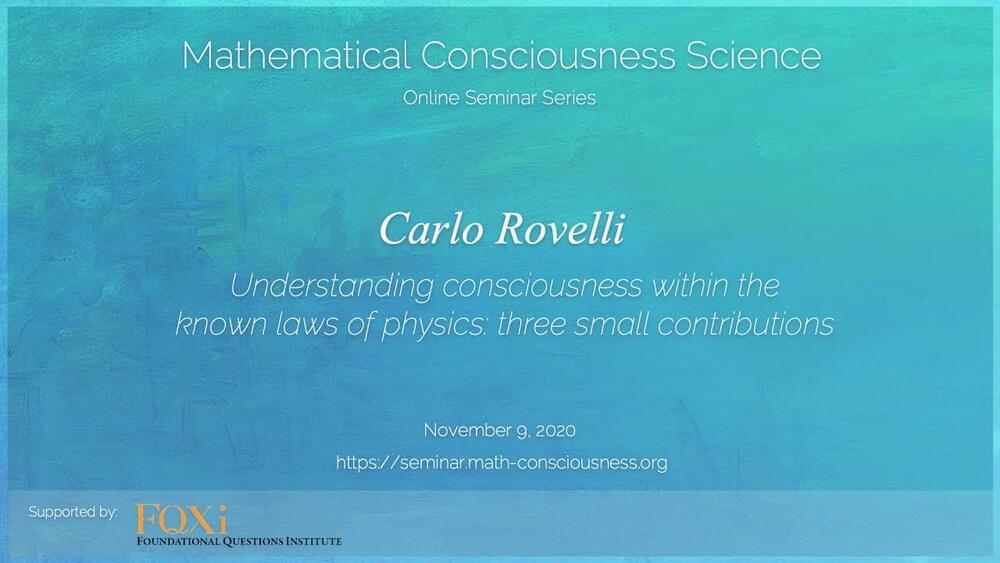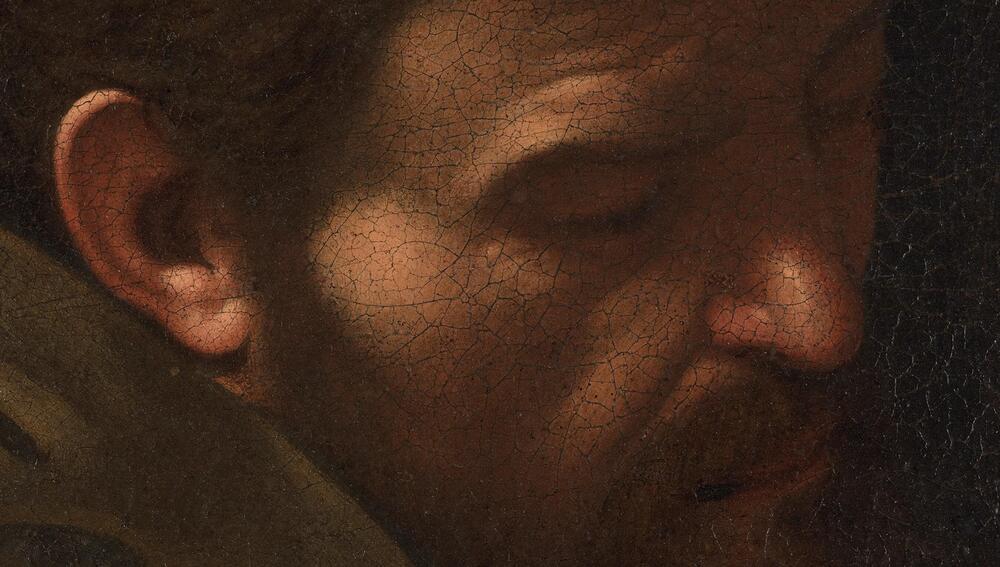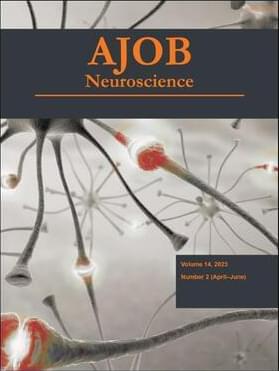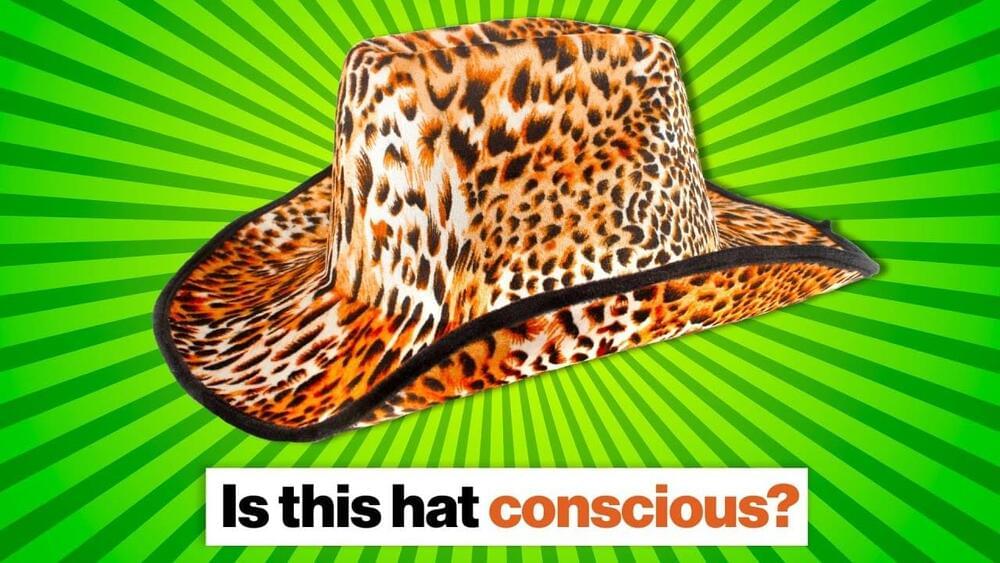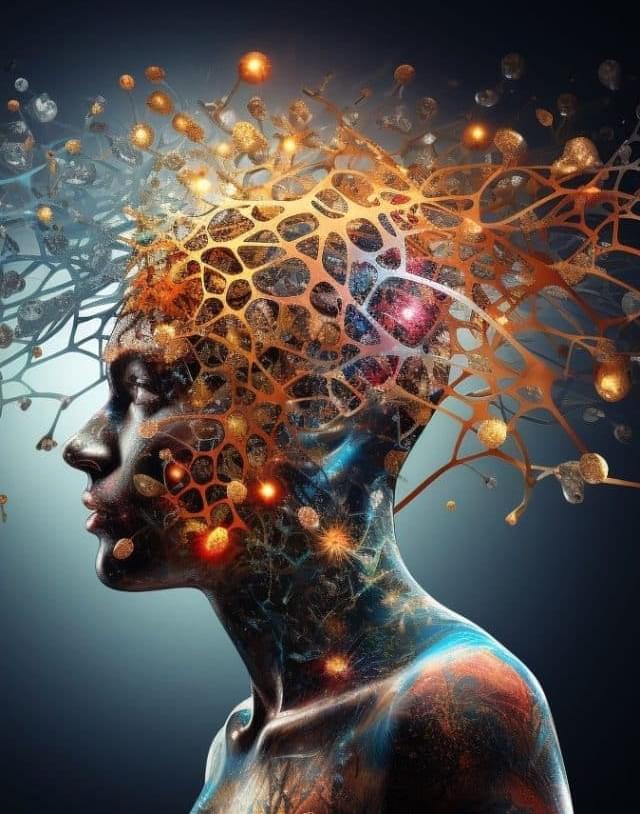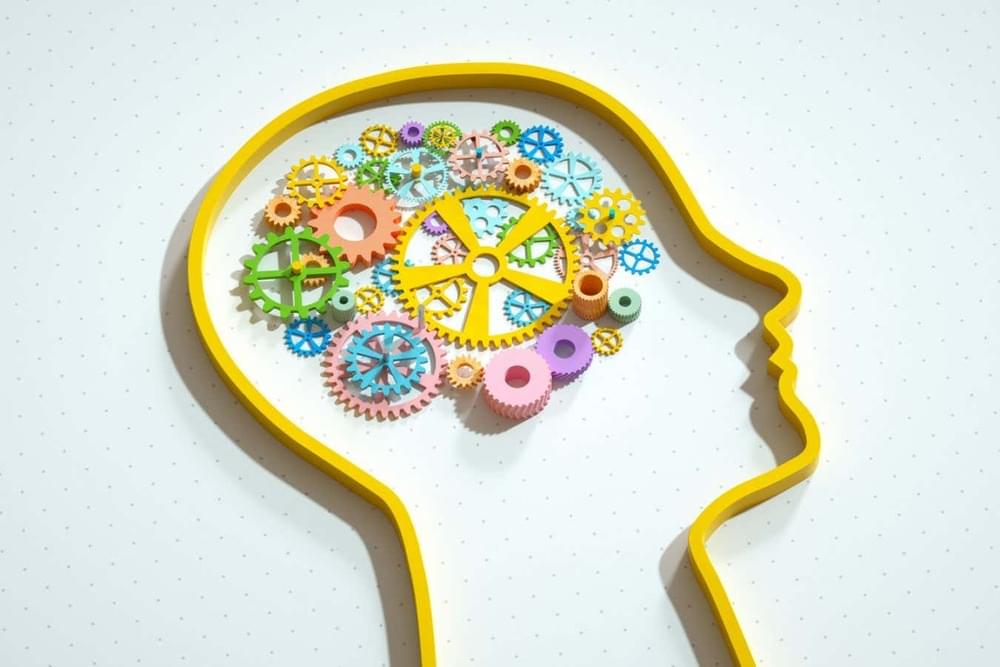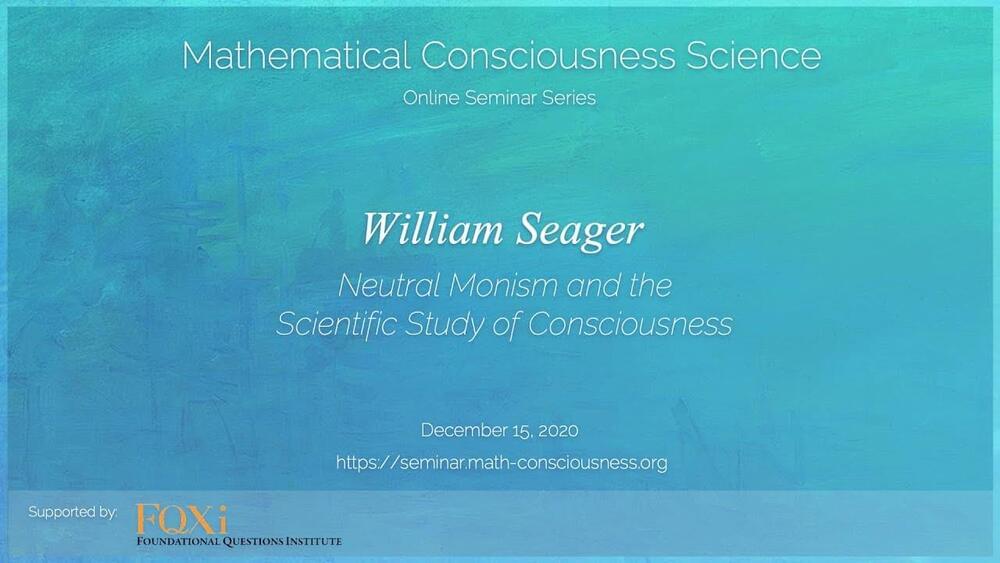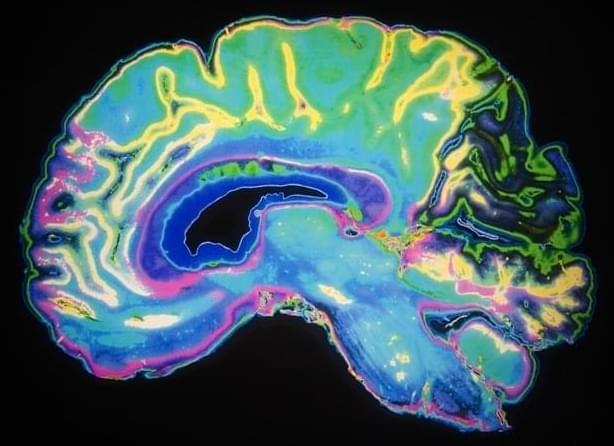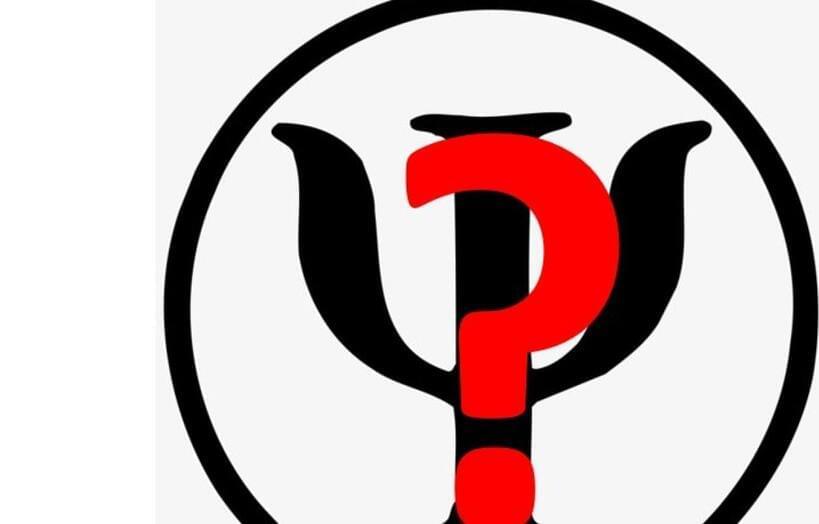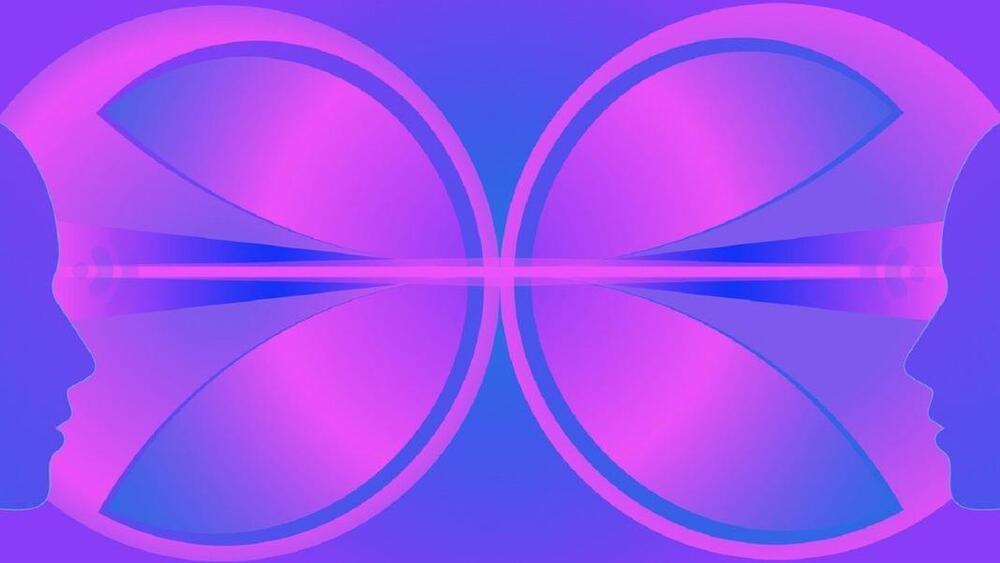Jul 24, 2023
Understanding consciousness within the known laws of physics (Carlo Rovelli)
Posted by Dan Breeden in categories: climatology, neuroscience, quantum physics
Abstract: I do not share the feeling that consciousness (whatever this means) cannot be understood in the context of the known physical laws. So far we do not understand it well, but neither do we fully understand thunderstorms, for that matter. I offer three small contributions in the direction of a direct naturalistic account of consciousness: (i) a purely physical account of agency and the openness of the future, which traces the source of information to past low entropy; (ii) a purely physical basis for a simple notion of “meaning”; and (iii) a suggestion that current understanding of quantum matter (without need of panpsychism) weakens the apparent hiatus between the mental and the physical.
